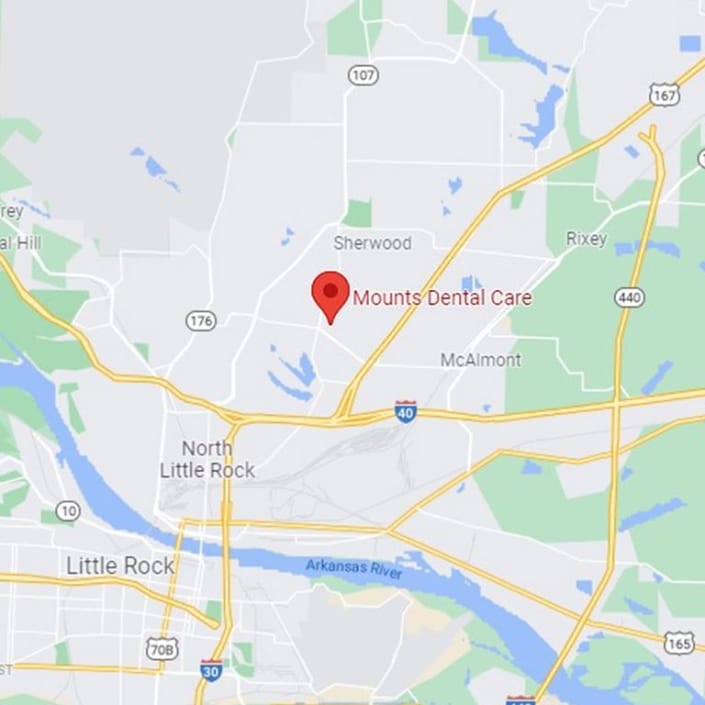My Gums Look Really Red. Is That Ok?
You can learn a lot about the health of your gums just by looking at them. Their color and other factors can tell you whether your oral health is good or not. If you’re noticing signs that your gums aren’t healthy, your dentist in North Little Rock AR can help. At Mounts Dental Care, we provide treatments to improve the health of your teeth and gums. Here’s what you need to know.
What Causes Red Gums?
Most of the time, healthy gums are either pink, brown, or black. When the gums become red or even purple, this could be a sign of gum disease. Gum disease is a condition that occurs when the gum tissue becomes infected.
What Are Other Signs of Periodontal Disease?
Red or purple gums are not the only signs of periodontal disease. There are others. Other indications of periodontal disease include:
- Your gums bleed when flossed, brushed, or at other times
- Your teeth are loose
- Your breath is bad even after brushing
- You have a bad taste in your mouth
- Your gums are puffy and inflamed
What Should I Do If I Think I Have Periodontal Disease?
If you think you have periodontal disease, contact your dentist at Mounts Dental Care.
Periodontal disease can be prevented. With good oral hygiene habits and regular dental cleaning in North Little Rock, AR, you can take care of your teeth. If it’s been more than six months since your last dental checkup and cleaning, contact Mounts Dental Care to make your appointment. We can help.




